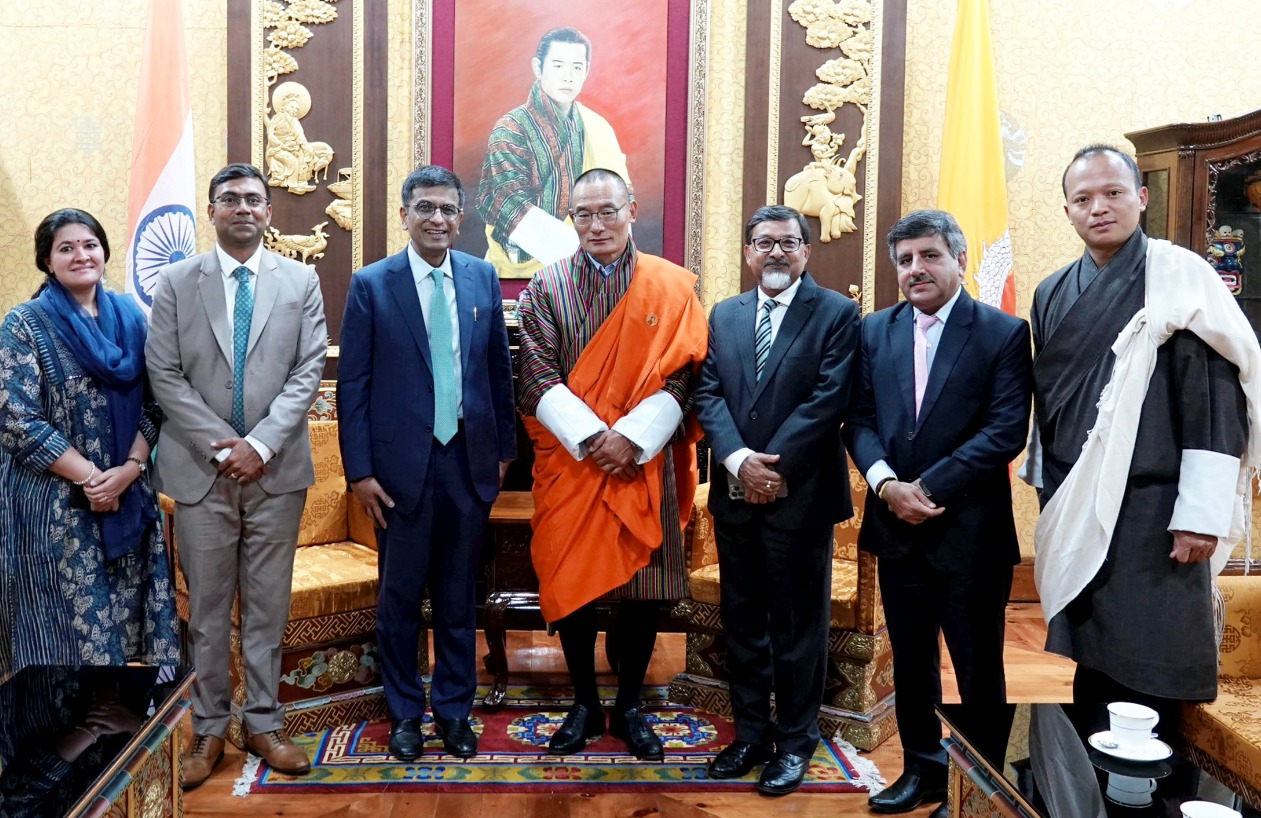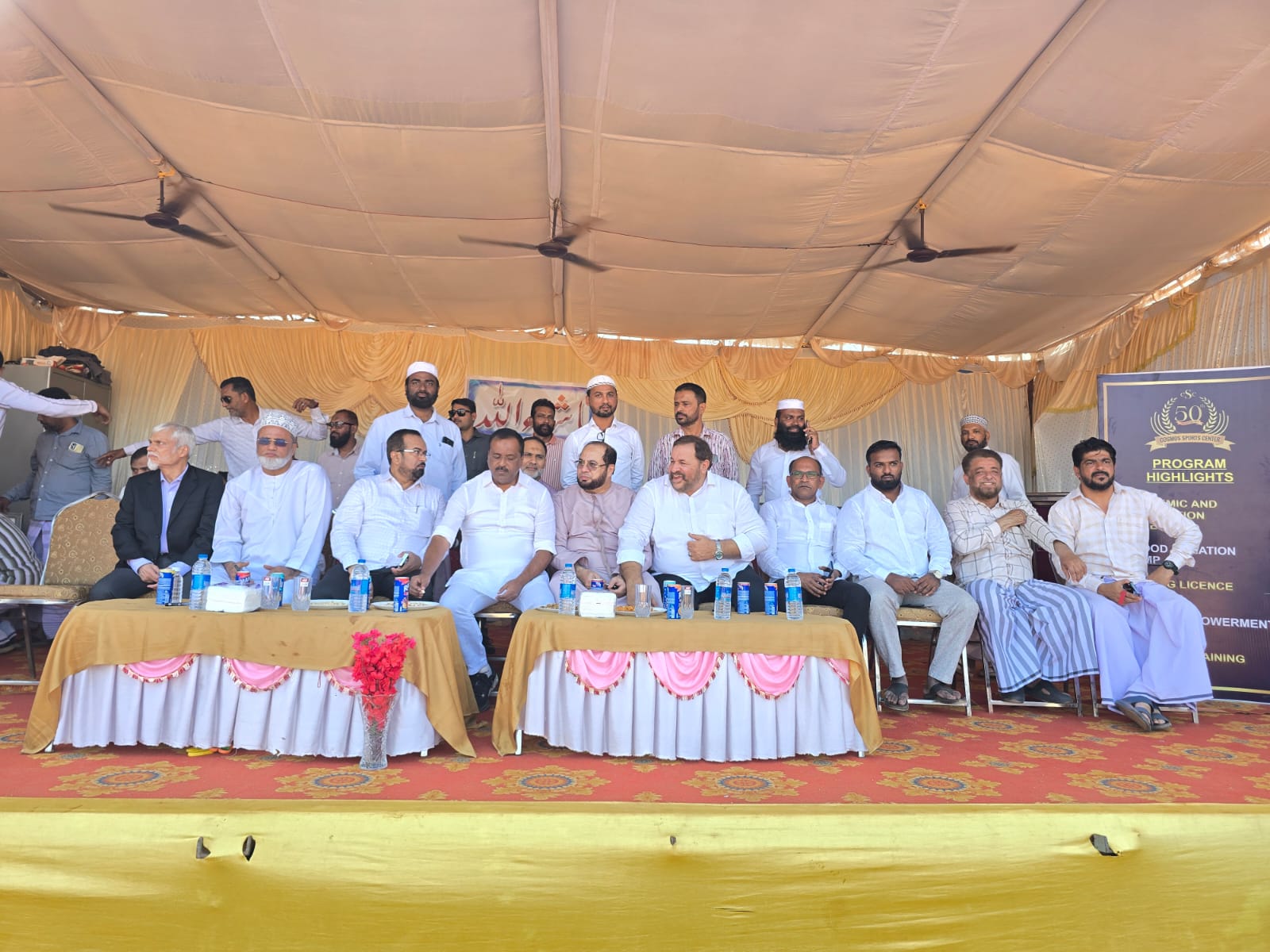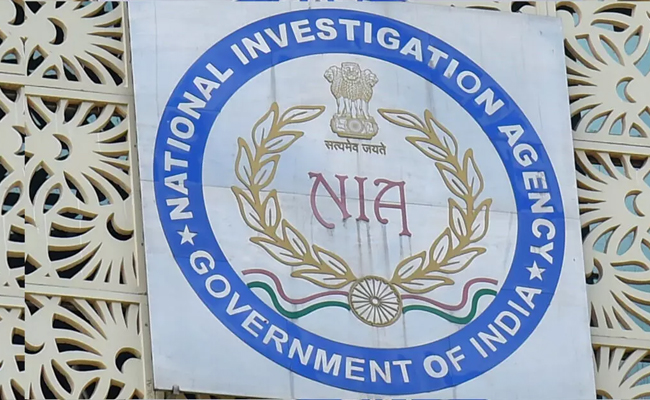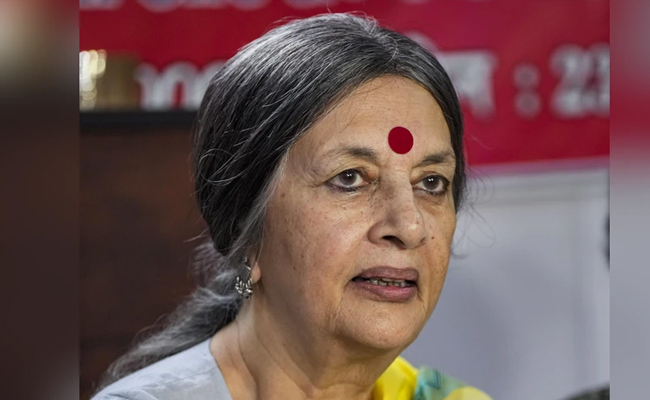New Delhi(PTI): Chief Justice of India (CJI) D Y Chandrachud, along with his Bhutanese counterpart Lyonpo Chogyal Dago Rigdzin, presided over the signing of four memoranda of understanding (MoUs) aimed at enhancing judicial and legal cooperation between the two neighbouring countries.
Besides the chief justice, the CJI, who was on an official visit to Bhutan from October 7 to October 10, also met the king of the Himalayan country, Princess Sonam Dechan Wangchuck and Prime Minister Dasho Tshering Tobgay, and discussed a range of issues with them, including the "unique and special ties of friendship and cooperation" between the two countries.
On October 9, Justice Chandrachud discussed ways to strengthen bilateral judicial cooperation with his Bhutanese counterpart.
"At the premises of the Supreme Court of Bhutan, the two Chief Justices presided over the signing of four Memoranda of Understanding (MoUs), aimed at enhancing judicial and legal cooperation between India and Bhutan.
"These included the signing of an MoU between the two Supreme Courts on enhancing judicial cooperation; the renewal of an MoU between the National Judicial Academy, Bhopal and the Bhutan National Legal Institute on collaboration in legal education and capacity building between the two institutions; the renewal of an MoU between the National Law School of India University (NLSIU), Bengaluru and the JSW School of Law on legal education and research; and the signing of an MoU between the Indian Council of Arbitration and the Bhutan Alternative Dispute Resolution Centre on collaboration to strengthen and promote arbitration and mediation," the top court said in a statement.
The CJI graced the third convocation ceremony of the Jigme Singye Wangchuck (JSW) School of Law on October 8 and delivered an inspiring commencement address.
Justice Chandrachud turned philosophical and said he had served his country with "utmost dedication" amid "fears and anxieties" as to how history will judge his tenure, the statement said.
He also said there is a misconceived perception that the traditional values of communities in India and Bhutan are antithetical to modern democratic ideas, such as liberty, equality and dissent.
The ceremony was presided over by Bhutanese Princess Sonam Dechan Wangchuck, founding president of the JSW School of Law, Bhutan National Legal Institute and Bar Council of Bhutan.
On October 9, the CJI addressed a gathering on the topic -- "Enhancing Judicial Accountability and Public Trust: Leveraging Transparency and Technology".
Judges are supposed to act in a manner that is "unencumbered" by popular morality while deciding constitutional and legal questions, the CJI said, adding that institutional trust in courts and their credibility is the very basis of a thriving constitutional order.
"The CJI's visit to Bhutan has enabled both sides to lay out a robust framework for enhanced cooperation in the judicial and legal sectors. The visit reaffirmed the exemplary bilateral partnership characterised by trust, goodwill and mutual understanding at all levels," the statement said.
Let the Truth be known. If you read VB and like VB, please be a VB Supporter and Help us deliver the Truth to one and all.
Mumbai (PTI): In view of Argentine superstar footballer Lionel Messi's visit to Mumbai on Sunday, the city police are implementing stringent security measures, like not allowing water bottles, metals, coins inside the stadiums and setting up watchtowers to keep an eye on the crowd, officials said.
The police also said taking extra care to avoid any stampede-like situation and to prevent recurrence of the chaotic situation that unfolded in Kolkata during Messi's visit on Saturday as thousands of fans protested inside the Salt Lake stadium here after failing to catch a clear glimpse of the football icon despite paying hefty sums for tickets.
Messi is expected to be present at the Cricket Club of India (Brabourne Stadium) in Mumbai on Sunday for a Padel GOAT Cup event followed by attending a celebrity football match. He is expected to proceed to the Wankhede Stadium for the GOAT India Tour main event around 5 pm.
"In view of Lionel Messi's visit to Mumbai, the police are geared up and have put in place a high level of security arrangements in and around the stadiums located in south Mumbai. Considering the chaos that prevailed in Kolkata and the security breach, we have deployed World Cup-level security arrangements at Brabourne and Wankhede stadiums," an official said.
Expecting heavy crowd near the stadiums during Messi's visit, the city police force has deployed more than 2,000 of its personnel near and around both the venues, he said.
As the Mumbai police have the experience of security 'bandobast' during the victory parade of ICC World Cup-winning Indian team and World Cup final match at the Wankhede Stadium, in which over one lakh cricket fans had gathered, we are prepared to handle a large crowd of fans, he said.
"We are trying to avoid the errors that occurred in the past," the official said.
There is no place to sneak inside the stadiums in Mumbai like the Kolkata stadium, according to him.
The police are also asking the organisers to provide all the required facilities to the fans inside the stadium, so that there will be no chaos, he said, adding the spectators have purchased tickets in the range of Rs 5,000 to 25,000. After paying so much of amount, any spectator expects proper services, while enjoying the event, he said.
The police are expecting 33,000 spectators at the Wankhede Stadium and over 4,000 at Brabourne Stadium. Besides this, more than 30,000 people are expected outside and around the stadiums just to have a glimpse of the football sensation, he said.
The organisers responsible for Messi's India visit recently came to Mumbai to discuss security arrangements. During the meeting, the Mumbai police asked them not to take the event lightly, according to the official.
After those requirements were fulfilled, the final security deployment was chalked out, he said.
Police has the standard procedure of the security arrangements inside the Wankhede Stadium, where people are barred from taking water bottles, metals objects, coins. Police are setting up watch towers near the stadiums and there will be traffic diversions, so that there is maximum space available to stand, according to the official.
Police are also appealing to the spectators to use public transport service for commuting and avoid personal vehicles to reach south Mumbai.
To avoid any stampede-like situation, police are also taking precautionary measures and will stop the fans some distance ahead of the stadium and public announcement systems will be used to guide the crowd. Barricades will be placed at various places to manage the crowd.
In case the crowd swells up beyond expectation, the police will divert people to other grounds and preparations in this regard underway, he said.
Additional police force has been deployed in south Mumbai to tackle any kind of situation, he said.





